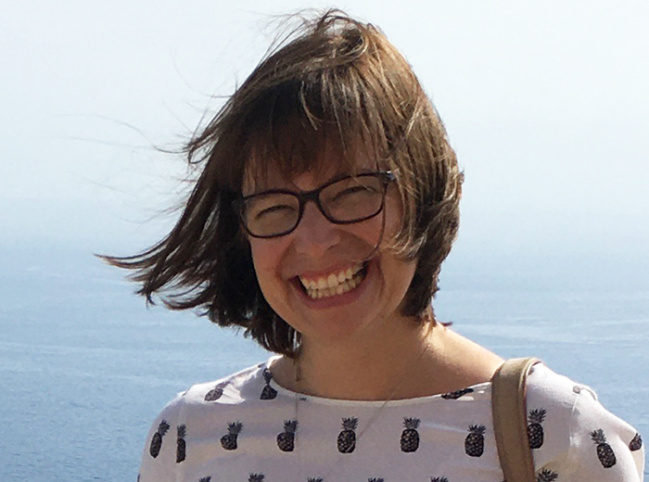Janine Köpfli knew early on that she wanted to be a journalist. So after graduating from high school she preferred to take an internship at a newspaper to studying at university. She stuck with the newspaper and studied part-time in journalism and business administration. She worked as a journalist for almost 20 years in various media and in different positions. Four years ago she moved to working for the government. As a government employee in the Ministry of Foreign Affairs, Justice and Culture she is responsible for the area of culture. She lives in Schaan with her partner, her two small children and a big cat. There is not much time for hobbies. She likes to read, at the moment especially the Three ??? because that’s what the children love. Janine Köpfli is 42 years old.
Where and how did you grow up?
I grew up with a sister two years younger than I, with mum and dad and lots of animals in Schaan. We lived close to the edge of the forest and when I think of my childhood I see myself mostly outside, playing and roaming with the neighbourhood kids in all weathers and seasons. We grew up in a residential estate. There were many children of our age. We often went to the forest, bathed in the fountain or went on the swings for hours. I always had animals: cats, rabbits and hamsters. But above all canaries. My canaries lived outside in an aviary that I had built with my dad. The birds were everything to me. I also loved going to school. I had great teachers, especially in primary school. We often made music, painted and did crafts. And we played theatre and made films. I had a wonderful childhood and was just an all-round happy and cheerful child.
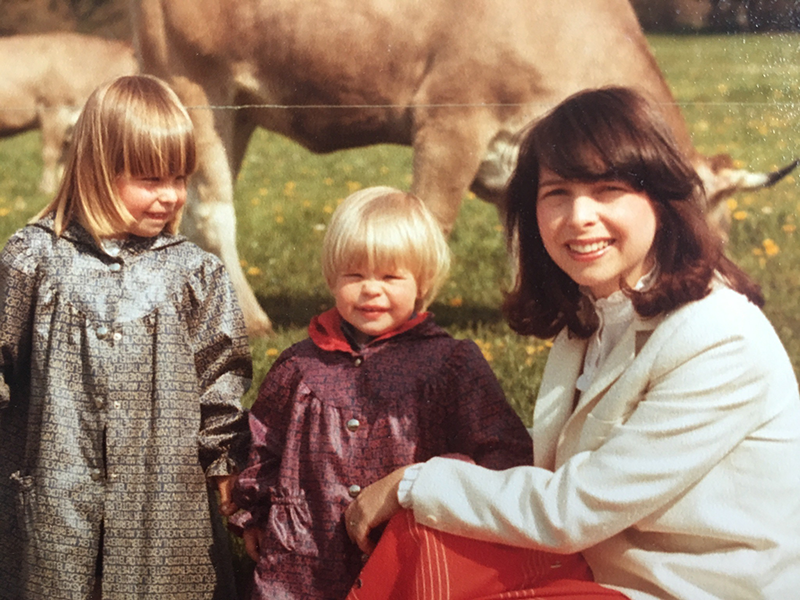
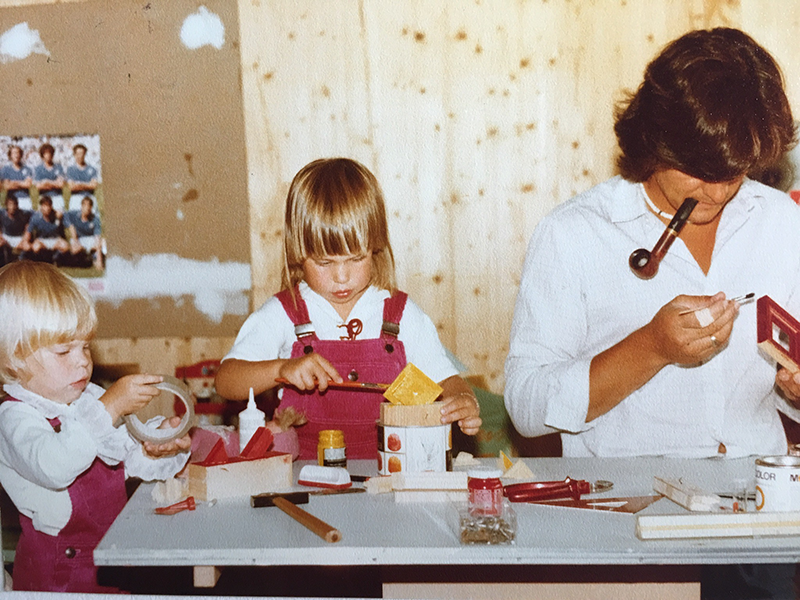
Could you describe your professional background?
After my High School Diploma, it was clear to me that I didn’t want to go back to school straight away. So I took a gap year, did my first internship at a newspaper and went to Canada for several months. When I came back I knew even more than before that I wanted to be a journalist, but then I started studying history in Basel. It turned out that a newspaper was looking for volunteers. That was it! I gave up my studies for the time being and returned to my beloved newsroom. While working, I studied to become a qualified journalist. I worked as a journalist for almost 20 years. I worked in different functions and positions but mainly for print media. I found my great passion in writing. Most recently I was deputy editor-in-chief of the Liechtensteiner Vaterland and I managed the cultural newspaper ‘KuL’. Even after the birth of my children it was clear that I would return to editorial work. I was then headhunted, in the truest sense of the word, by the Ministry of Foreign Affairs, Justice and Culture. For almost four years now I have been responsible for the cultural policy agenda, advising and supporting the Minister on cultural policy issues. I will soon change jobs and start working for the municipality of Vaduz as a specialist in project communication.
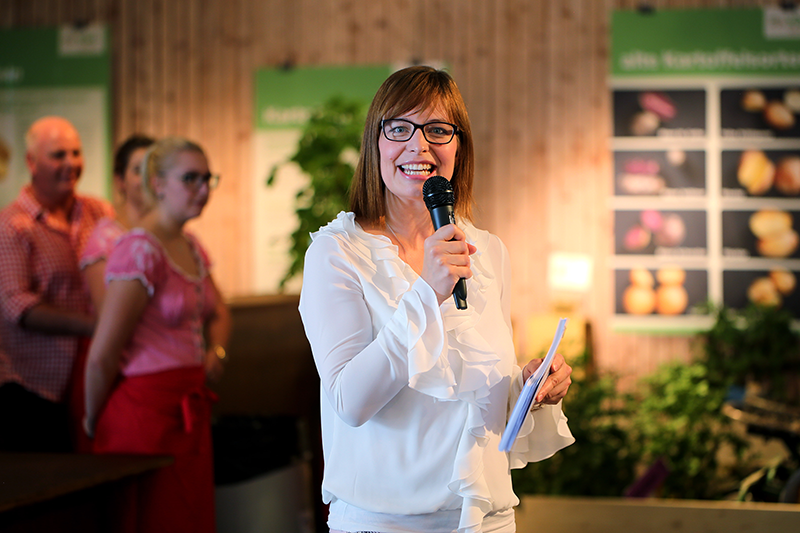
Were there certain events or stations that were formative for your career?
I could always do what I wanted. And I actually always did exactly what I had set my mind to do. My parents always stood behind me and supported my ideas. After three years of secondary school, I wanted to go to grammar school. After my High School Diploma I didn’t want to study, after my gap year I did want to study, but found it stupid and stopped again – my parents never interfered and always said that I should do what my heart told me to do.
My mother is a dressmaker, my father has his own film and video studio and also worked as a model maker for a long time. My environment was always creative and I always had the feeling that my parents could do anything, but really anything. And if I had an idea and wanted to make something for example, I could either go to the sewing studio or to the workshop and there I always found what I needed in terms of tools, materials, paints and so on. That shaped me in the view that everything is possible if you want it and make the effort.
Were there certain people who were formative for your career?
My parents, but also my sister with whom I could always discuss everything and exchange ideas. There were heroines and heroes in my youth, for example my rock’n’roll coach, who was a great woman. She was a trainer and at the same time a very good friend who taught me perseverance and tenacity and that in the end it all depends on a positive charisma. A teacher at secondary school thought I could write very well. A journalist colleague in my first internship at the newspaper was a very good writer, from her I learned what good writing is and that every word counts. When it comes to writing my mother influenced me above all. She read and corrected all my articles at the beginning. I learned the subtleties of the German language from her. My boss at the newspaper for many years. From him I learned above all what loyalty means and that a boss always stands behind his team and his employees like a lion, no matter what. He was and is simply a great person who always had an ear for worries and always knew how to give advice.
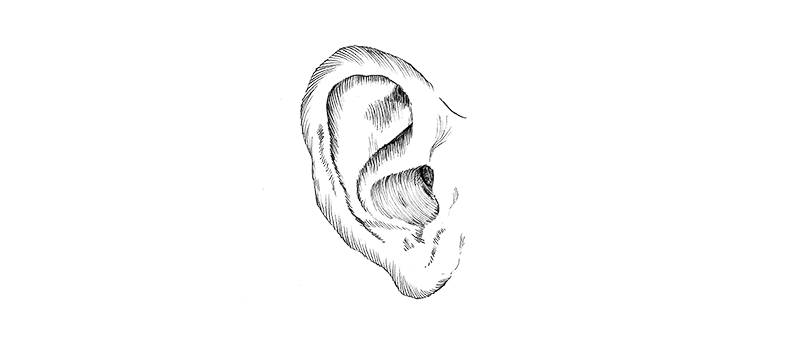
Has your environment supported you in your career?
Yes, actually always.
What are your current activities?
I am a government employee in the Ministry of Foreign Affairs, Justice and Culture, responsible for culture.
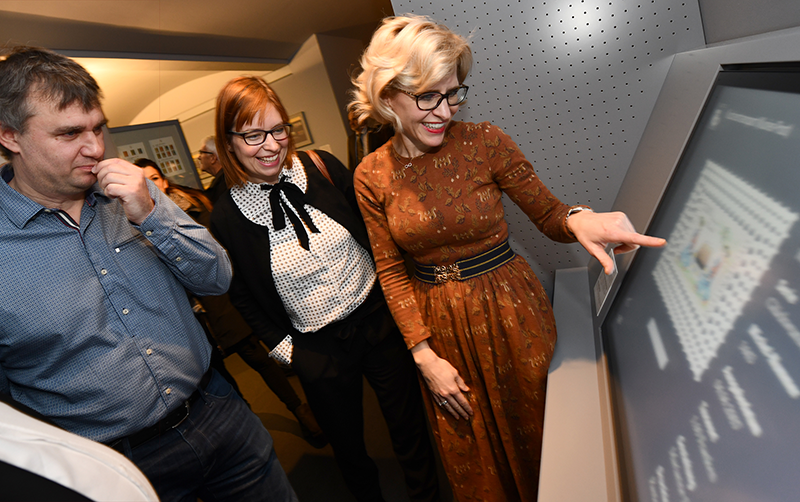
Does what you are currently doing fulfil you?
I like the work, especially because I can see into very different cultural areas and also bring about change. Nevertheless, the time has now come for me to make a change. I am looking forward to the new challenge at the municipality of Vaduz, where I will be responsible for the development and supervision of projects, among other things.
Do you think that you yourself have an influence on whether your activities are fulfilling?
I’m sure of it, I firmly believe that. However, I also had to experience time and again that I am not alone in the world and that my happiness and fulfilment are also determined by other people, at least they constantly cross my path in life. In most cases, it is precisely these encounters that make an activity fulfilling. It’s always about other people, about working in a team, about joint projects. I find fulfilment outside among the people and not somewhere in an office where I work alone.
What or who inspires you in everyday life?
When I go for a walk with my children through the nearby forest and collect natural treasures. But I am also inspired by good conversations, for example with Tom Büchel, the head of the office for culture.
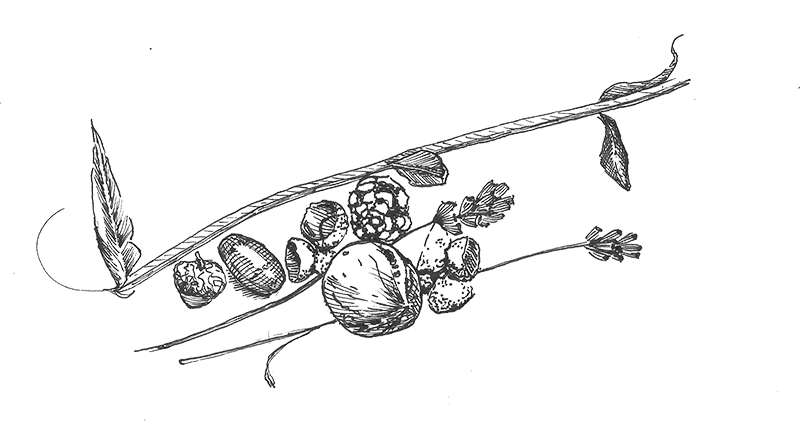
What or who gives you strength and energy in everyday life?
At work, my good colleagues who always have an open ear and time for a chat. At home it is above all my children who are always impatient and bursting with strength and energy.
There are ‘magic moments’ when everything seems to fit. Moments that fulfil, inspire and give strength. Moments that confirm that the effort is worthwhile and that what you do is meaningful and valuable. Have you already experienced such moments in relation to your own activities?
Yes they do exist. Just this summer I experienced such a ‘magic moment’. It was in connection with a cultural project. It looked as if the project was not going to happen, for various reasons. But then it worked out after all. Together with the right people, the project ‘Mit #Abstand auf Kultour’ was saved. But not only that, it turned into a great thing. Everything worked out. It took an incredible amount of energy, but in the end it was more than worth it, because the project brought artists back on stage and the audience back to enjoying good live culture in the Spring after the long Corona dry spell. I enjoyed the project immensely, it also opened my eyes and showed me that such ‘magic moments’ cannot be bought or forced. They happen when they happen. With the right people! The project was one of the reasons why I started to think hard about what I was doing. Something was missing.
When I was working as a journalist in the newspaper office these ‘magic moments’ happened much more often. For example in connection with people I was able to meet, people who gave me insights into their lives. Some of these encounters were so powerful and unforgettable that I still think about them today. I had a penchant for stories and topics that no one else might have touched. Stories about people without a loud voice, without a lobby. Topics beyond the world of politics and business. That was always what interested and also fascinated me the most. Every day the feeling of having produced a newspaper was fulfilling. I always went home with a satisfied high and returned to the newsroom the next day with a lot of energy. The shared moments in the team made for ‘magic moments’ and the knowledge that everyone gives everything so that we can make a newspaper together.
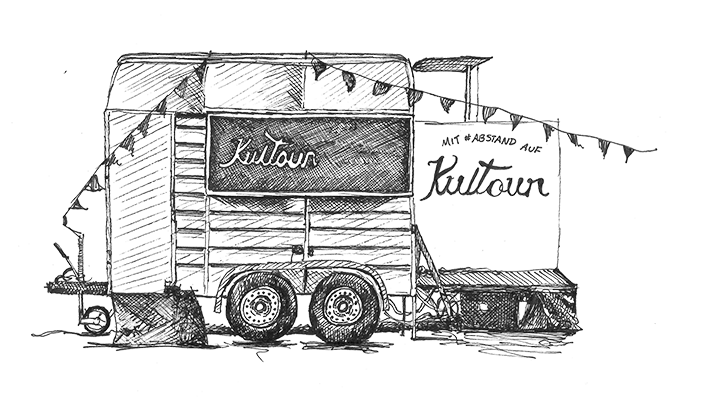
Tun Sie aktiv etwas dafür, damit sich solche magischen Momente einstellen können?
Ich möchte wieder vermehrt schreiben. Und ich möchte mich mit Menschen austauschen, die mir Energie, Magie und Erfüllung geben.
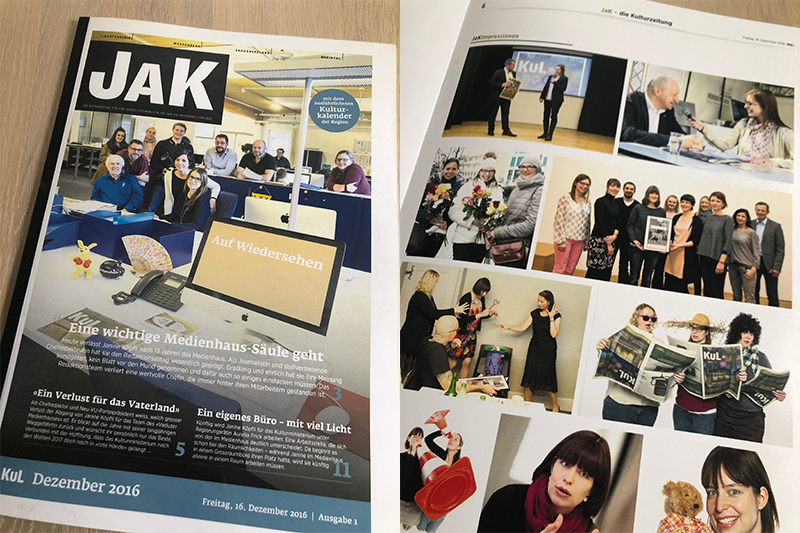
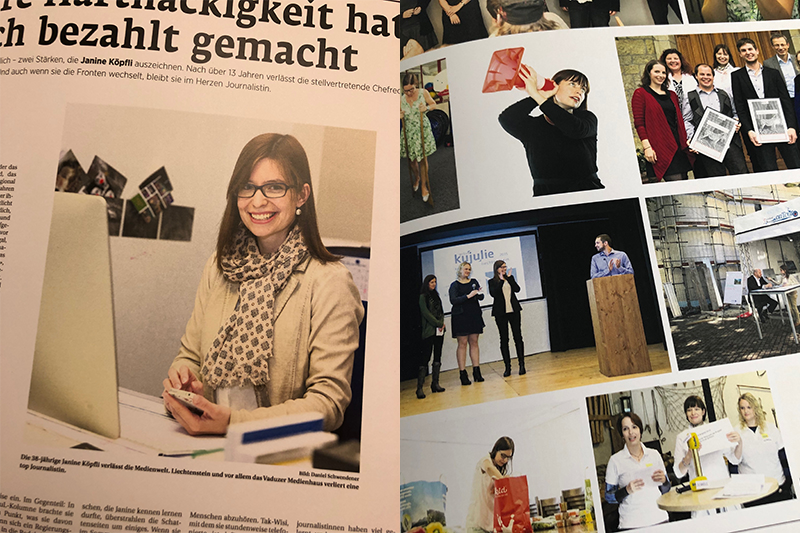
Do you actively do something for it so that such ‘magic moments’ can happen?
I want to write more again. And I want to connect with people who give me energy, magic and fulfilment.
Are there moments when you doubt what you are doing?
There are also such moments, moments that gnaw at me incessantly, stress me out and make me unhappy. Very often such moments have to do with people who are not good for me. I have learned to accept that not all people are right for me. I used to believe that I had to be good with everyone, that I always had to be nice to everyone and then everyone would be nice to me. That is a fallacy. Today I know that I have to avoid people who take away my energy. They are not important for my happiness and can be safely left aside.
In retrospect can you find something positive in difficult moments?
You have to experience difficult moments so that you learn to deal with them. We much prefer to talk about the positive moments that shape us in our lives. But it is above all the negative moments that move us forward, because they show us when we should take a different path.
Is there anything you would do differently in retrospect?
I would finish the history degree. To this day I have the feeling that I missed something. And to this day I believe that in that difficult situation back then, I would have needed someone to convince me to finish that degree, because it’s important to follow through with certain things.
Do you want to contribute to society with your activities?
Through my work as a journalist and my work as a government employee I see deep into society and I know how much it takes to really – and I mean really –make a difference, to move something forward and to contribute in the end. To honestly, selflessly make a difference. To contribute something to the good of society. I have met people who can do that, who just give themselves to an idea and never ask what they get in return. But honestly? Those are very, very rare people … Most ask at some point, maybe not right away, but at some point they ask, ‘What about me?’ That’s why I just try to do something within my means. I think I can already contribute something to society with a well-written text. If it becomes more, all the better!
Is the recognition of other people or the public important to you?
Recognition is important. Everyone needs recognition in a certain form and in a certain dose. I have noticed that I personally manage with quite a small dose, it is less important to me. What is important to me on the other hand is that I value and appreciate other people.
How well can you live from what you do professionally?
I can and have always been able to make a good living from my professional activity. That is not a given, I know and am grateful for that.
Is there something that is particularly occupying you at the moment?
Yes, that the influence of individual people has changed me. I have always assumed that I will remain myself, no matter what.
Is there something you would like to (increasingly) spend time on in the future?
I would like to write more again, meet people, hear stories, interpret issues so that everybody can understand them, be inspired to hopefully be able to give something back, not least through encounters.
What are you most grateful for in life?
For my children, my family and that we are all healthy.
Interview
Laura Hilti, October 2020
Illustrations
Stefani Andersen
Credits
Facilitation Heritage Year: ikr, Eddy Risch
Opening Postal Museum: Landesmuseum, Sven Beham
Newspaper: Vaduzer Medienhaus
All other photos: private
This interview is part of the project ‘Magic Moments’ by Kunstverein Schichtwechsel, in which people are interviewed about their careers, activities and their magical as well as difficult moments.
Curated by Stefani Andersen and Laura Hilti, Kunstverein Schichtwechsel.
Supported by Kulturstiftung Liechtenstein and Stiftung Fürstl. Kommerzienrat Guido Feger.
>>> All interviews

